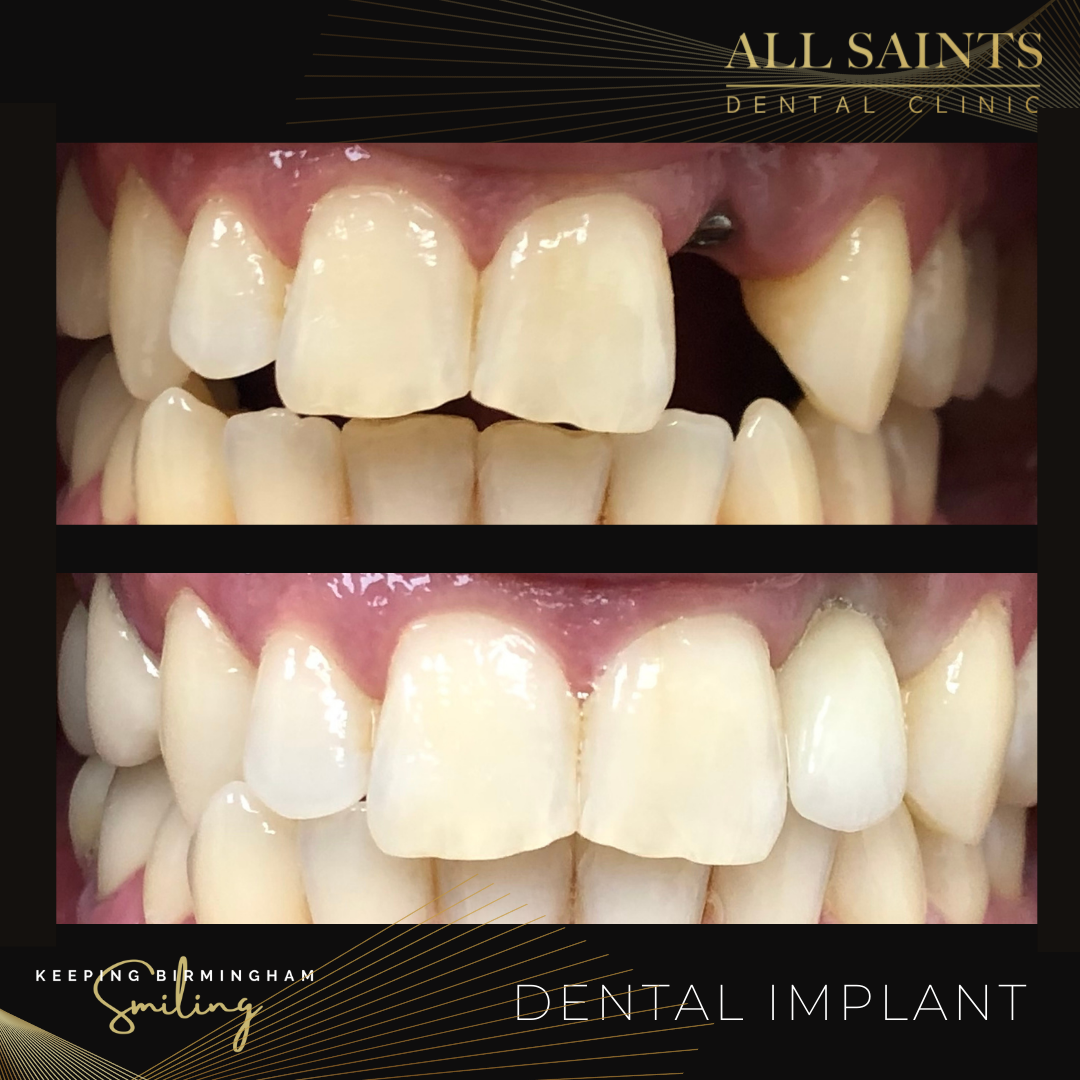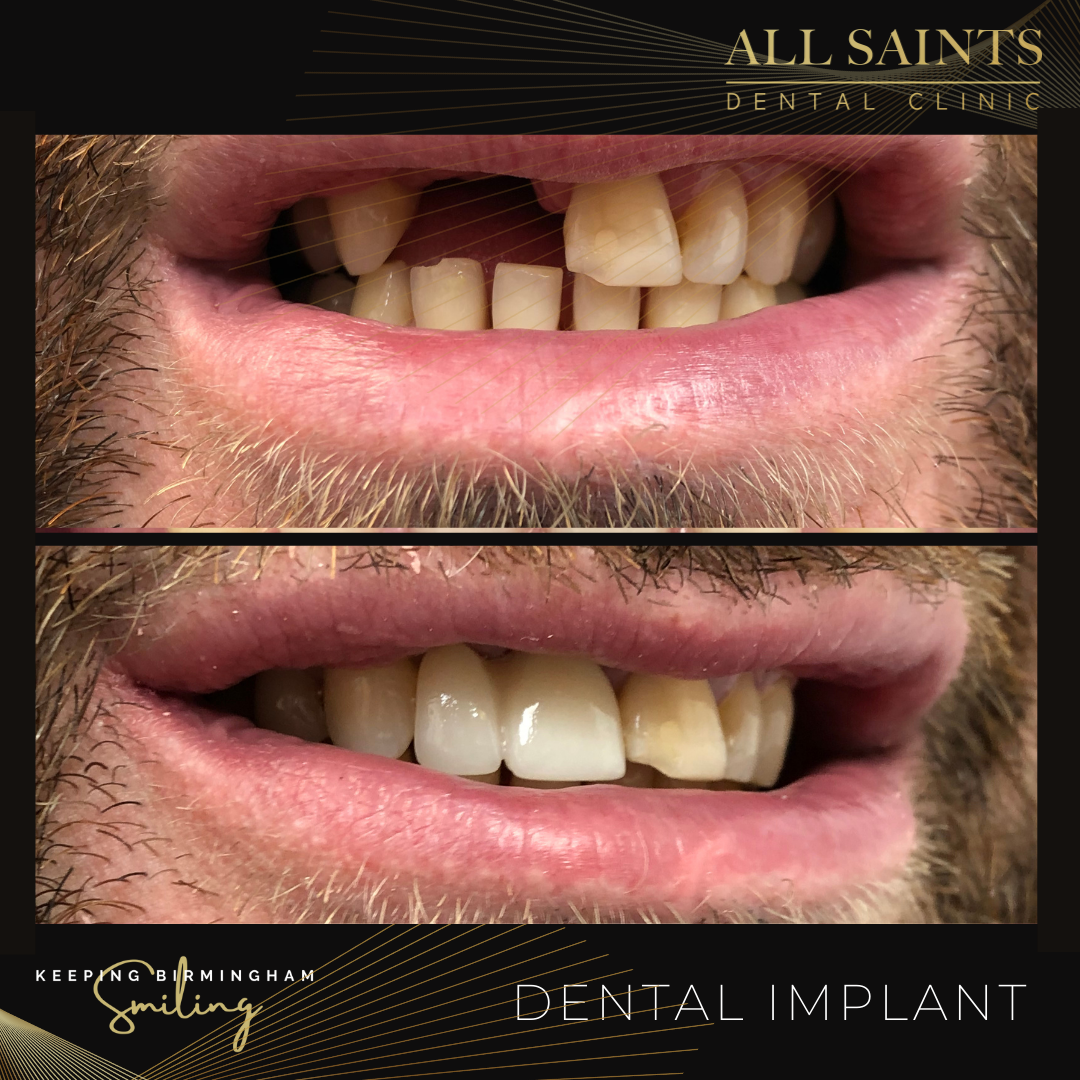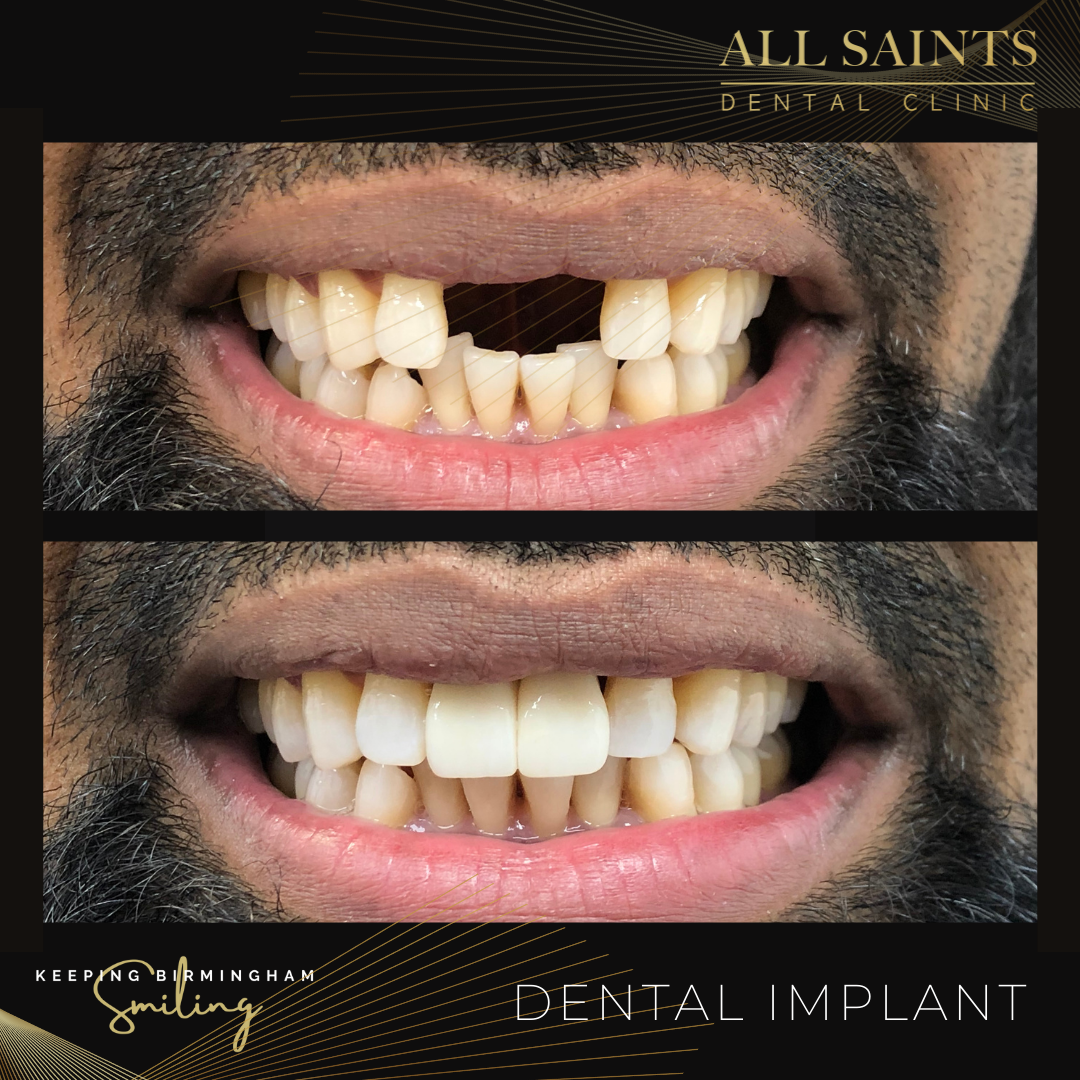TRANSFORM YOUR SMILE AND RETURN FULL FUNCTION TO YOUR MOUTH.
Dental Implants are made up of a titanium insert that is implanted into the jawbone, providing a foundation for a crown or bridge that is fixed on top of it. Dental implants are great to replace missing teeth and fill gaps. They look and act as a natural tooth does. They are stable, comfortable, and secure in the mouth, while also offering a highly pleasing finish for the patient.














